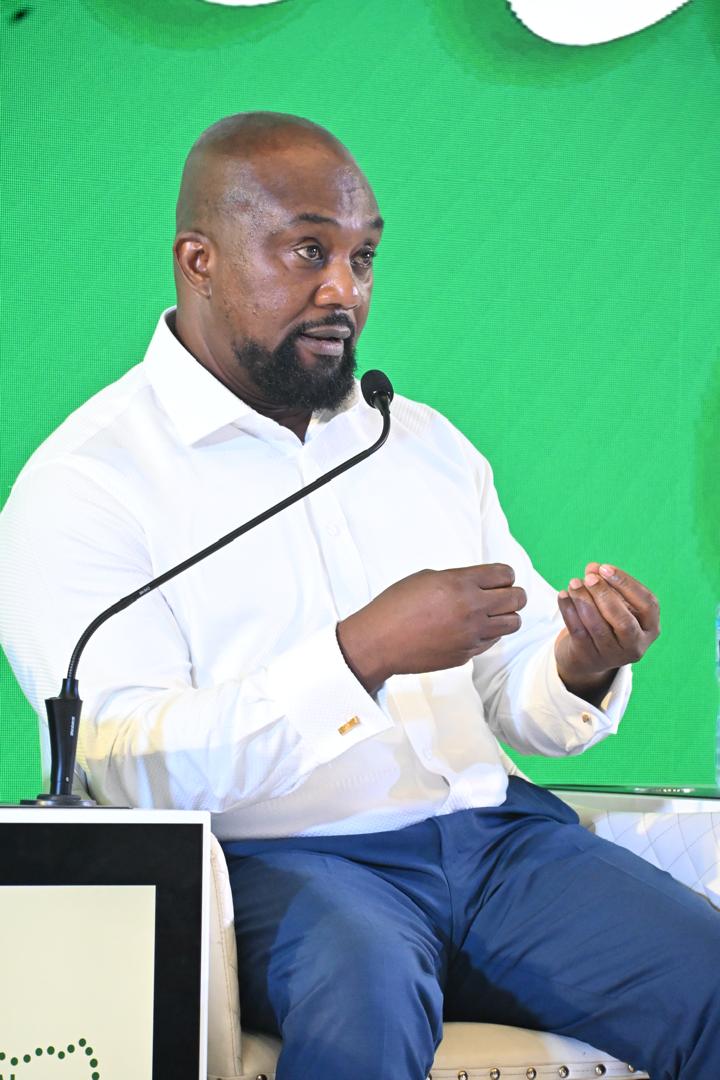
“If we dare to reimagine how Africa learns, we
can rewrite how Africa lives, works, and leads tomorrow.”
Africa at
the Crossroads
Africa stands at a pivotal moment. The
continent’s classrooms, both physical and digital, are being reshaped by
technology. The digital revolution is redefining what it means to learn, teach,
and create knowledge.
And nowhere in the world is this change more
urgent, or fuller of promise, than in Africa.
A Young
Continent, a Global Future
Africa is home to the youngest population on
Earth. By 2050, one out of every three young people will be African. That means
the world’s future innovators, thinkers, and leaders are sitting in African
classrooms today.
For years, limited infrastructure, overcrowded
schools, and outdated curricula have held back progress. But digital technology
offers a chance to leap forward, to build new systems of learning that are
open, inclusive, and relevant to the realities of African life.
The
Challenges — and the Opportunity
Millions of African children still lack
reliable access to the internet and electricity. Teachers often have little or
no training with digital tools. Yet Africa has shown time and again that
innovation grows from adversity.
From rural solar-powered classrooms to mobile
learning platforms, African educators are creating solutions that meet learners
where they are and, in the languages they understand best.
Learning in
Our Own Voice
Reimagining learning in Africa means grounding
education in local culture, language, and experience. When students learn
through stories that reflect their lives, they connect deeply with knowledge,
and confidence grows.
At GetBundi, digital learning is
reaching millions of young Africans through mobile phones in their own
languages. It’s a simple but powerful shift: turning the continent’s most
common tool into its most important classroom.
A New Kind
of Learning Experience
Walls no longer bind the classroom. With
digital tools and AI, learning can happen anywhere, on buses, in city centres,
and in remote villages. Artificial intelligence now helps personalize learning
for each student, while open educational resources make world-class content
freely available.
Most importantly, education in the digital age
is becoming a lifelong journey. The most valuable learners are not those
who memorize facts but those who never stop asking questions.
What Must
Change
To truly transform education, Africa must act
boldly and collectively.
- Governments
should prioritize investment in digital infrastructure, electricity, and
access to devices. - Teachers must be trained to lead with technology,
not just adapt to it. - Curricula must shift from rote memorization to
creativity, collaboration, and problem-solving. - Private sector partnerships
should drive sustainable innovation at scale.
This is not just about learning; it’s about
the economy. The jobs of tomorrow demand digital, entrepreneurial, and global
skills.
A Vision of
an Empowered Africa
Imagine a young girl in a rural village
accessing the same quality of education as a student in a city because learning
lives on her phone, in her language, and in her world.
Imagine millions of young Africans building
the apps, businesses, and solutions of the future.
That is the Africa we can create, not by
borrowing ideas, but by building our own.
A Call to
Believe
This is Africa’s moment. The question is not
whether the continent is ready for the digital age but whether we believe in
our power to shape it.
Let’s invest not only in technology but in
imagination. Not only in devices, but in dreams. Because what will truly
transform Africa is not the tools in our hands, but the vision in our hearts.
If we reimagine how Africa learns, we will
reimagine how Africa leads.
“The next great innovators, teachers, and
problem-solvers are already here, in our classrooms, our homes, our
communities. They are waiting for us to believe in them.”
